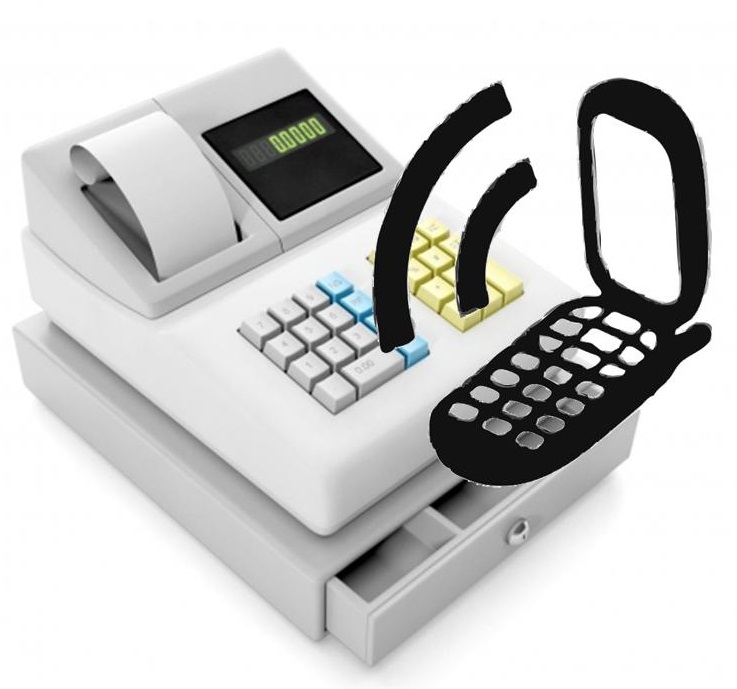The daily deals giant is working on clawing its way back to relevance with the “Gnome”.
Groupon, the massive daily deals website that had been a tremendous success before it nearly brought itself to the point of annihilation, has entered into the mobile payments market in an effort to try to restore some of its former victories in the online world.
It is hoping that its new Gnome point of sale (POS) system will be its new road to glory.
This launch represents the first time that Groupon has moved into the mobile payments POS market. Its Gnome is a platform that is based on the iPad. It is designed to be a solution that will eliminate the requirement for using paper coupons that must be clipped and submitted by the shopper. However, this is also supposed to represent the end of having to display a discount coupon on a smartphone screen at a physical retailers checkout counter, as well.
The Gnome platform uses Bluetooth to be able to apply the discounts at the mobile payments terminal.
The pronunciation of the platform’s name is “G-nome”, as opposed to pronouncing it with a silent “G” as in the tiny fantasy people. Aside from using Bluetooth, the customer’s name can also be used for the redemption of Groupon vouchers at a merchant’s location. It also allows the business to be able to use social media such as Facebook and Twitter to be able to share customer feedback.
Groupon’s CEO, Eric Lefkofsky, explained this new platform by saying that “When it’s complete, Gnome will serve as an operating system for merchants to run their entire operation and enable them to create real-time promotions that bring customers into their business when they need them the most.”
He added that this mobile payments platform is “an important step” for the company to be able to achieve its “long-term mission” of designing a way for the merchants around the world will be able to remain continually connected to the local commerce platform at Groupon. The Gnome device will become available within the next few months, according to the announcement from the company.

 Kiip notes that mobile traffic to retail sites has grown by an average of 39% over what it had been in 2012. Consumers are flocking to mobile retail sites in order to shop, especially during the holiday season. Retailers have been reporting a significant increase in mobile sales during the 2013 holiday shopping season as they find success with their mobile engagement initiatives.
Kiip notes that mobile traffic to retail sites has grown by an average of 39% over what it had been in 2012. Consumers are flocking to mobile retail sites in order to shop, especially during the holiday season. Retailers have been reporting a significant increase in mobile sales during the 2013 holiday shopping season as they find success with their mobile engagement initiatives.